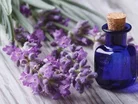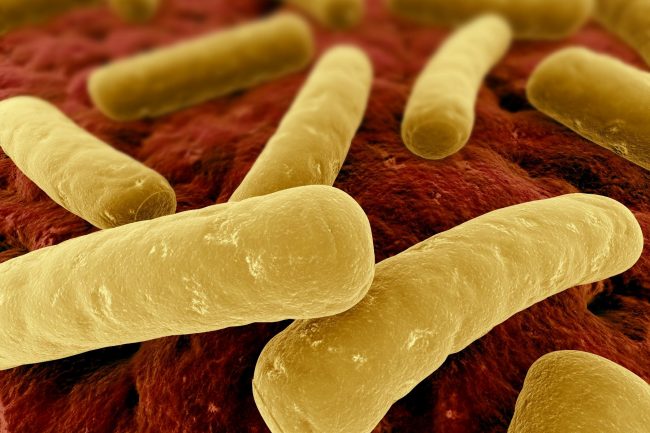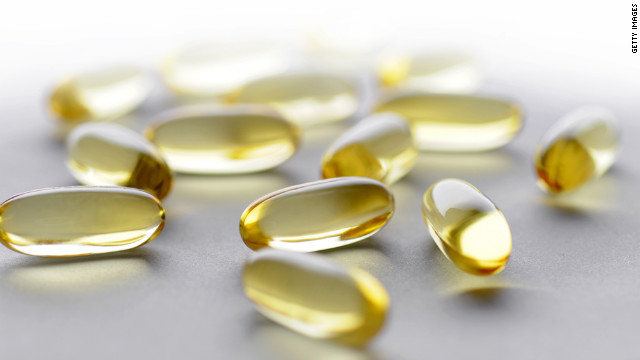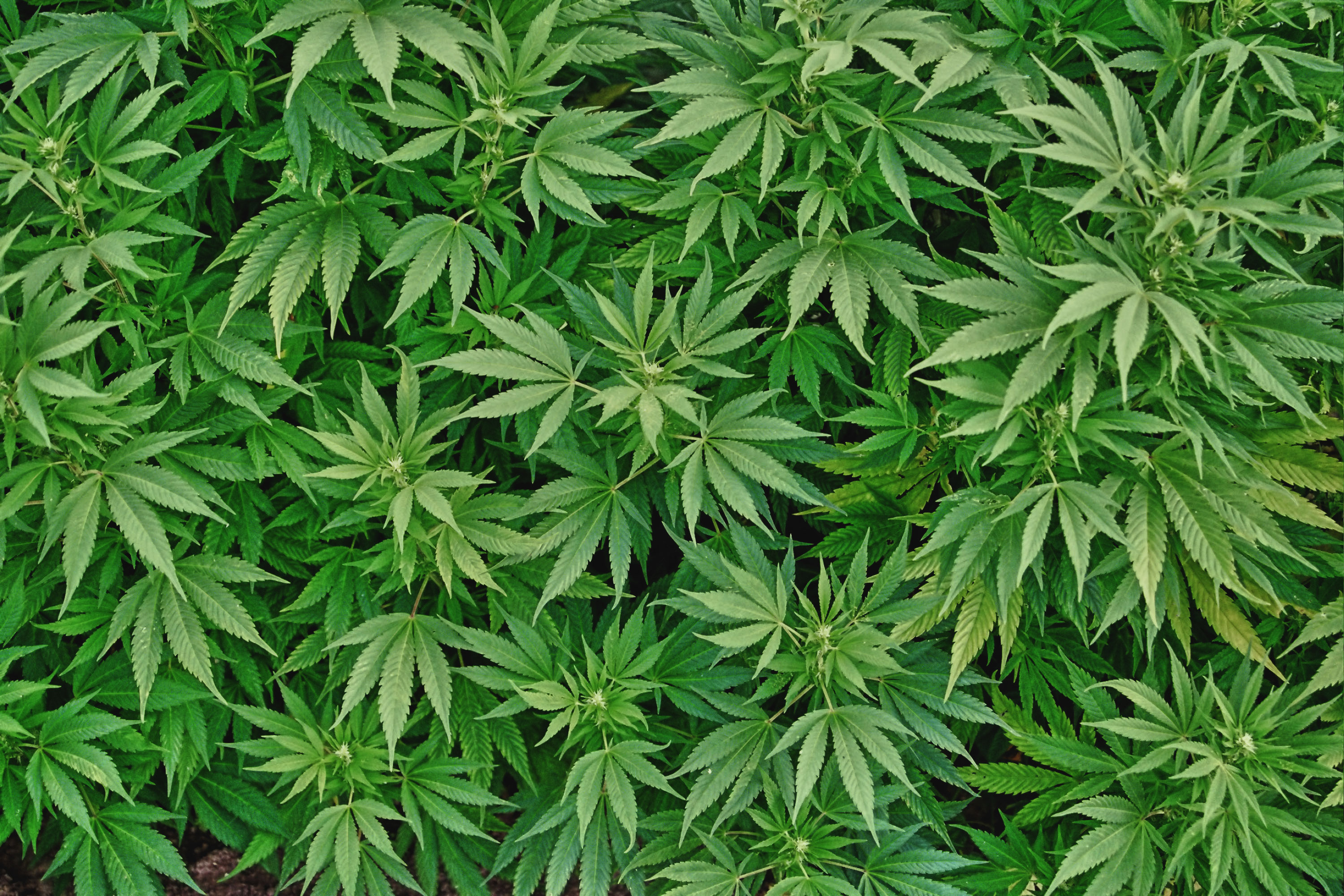TOP 10: Emerging trends in alternative medicine

It’s official, about a third of Americans seek alternative medicine out in lieu of their doctor’s office when it comes to their health – at least according to the National Institutes of Health.
Most Americans who use these nontraditional approaches do so as a complement to conventional care. Only about 5 percent of Americans use alternative medicine solely, according to the reports.
The data comes from the National Health Statistics Report – a survey the government completes to look at the health habits of a representative sample of the United States. They talked to over 89,000 American adults and over 17,000 children between the ages of 4- and 17-years-old.
RELATED TOPIC: 5 diseases close to being cured
Here are the top 10 emerging trends in alternative medicine based on those statistics and more.
10. Yoga, Tai Chi and Qi Gong

All three forms have increased linearly over the three time points analyzed by the institutes. Some 21 million adults and 1.7 million children practice yoga. Adult interest in yoga more than doubled since 2002. Some 10.9 percent of adults did deep breathing exercises.
9. Probiotics

Probiotic and prebiotic use was four times as high in 2012 as it was in 2007. Often, people take those to help with digestion or to protect themselves or their children from so-called "bad" bacteria.
Probiotics can be found in foods like yogurt. Prebiotics, the nondigestible carbohydrates that the probiotics eat, are in bananas, onions, garlic and honey.
8. Melatonin

The adult use of melatonin more than doubled from 2007 to 2012. For children it was the second-most used natural product. The body naturally creates melatonin to help regulate the sleep cycle.
People who have trouble falling asleep use it, as do people who struggle with jet lag. Some people also report using it to fight cancer.
7. Acupuncture

According to the institutes, there was a slight increase in the use of homeopathic treatment and acupuncture during the time the study was conducted. Some research results suggest acupuncture can alleviate pain.
6. Reiki

Reiki – also called energy medicine – is an ancient hands-on healing practice which harnesses what believers call the Universal Life Force – the energy field that surrounds all beings, including humans.
Stephen Sinatra, a cardiologist and head of the New England Heart Center in Manchester, Connecticut, recommends Reiki when he believes an energy block is hindering a patient's ability to heal. An experienced Reiki practitioner can pick up on the part(s) of the body that may be blocked energetically and emotionally, he explains, which is “valuable feedback is for the patient.”
5. Roseroot

Rhodiola rosea, also referred to as roseroot, has been used in traditional folk medicine to promote work endurance, increase longevity and promote resistance to several health conditions including fatigue, altitude sickness and depression.
RELATED TOPIC: OPINION: The failing stigma and treatment of mental illness
According to a study published in Phytomedicine, the authors believe their findings suggest that roseroot extract may have modest antidepressant effects in some patients with mild to moderate depression although larger studies will be needed to fully evaluate the benefit and harm of the herb.
4. Fecal transplants

Fecal transplants, using stool from a donor, have been successful at treating serious gut infections, researchers report.
It may sound distasteful but researchers have found that the transplantation of fecal matter successfully treated Clostridium difficile infections, which lead to recurrent cases of diarrhea and severe abdominal pain with thousands of fatalities worldwide every year, in patients.
The results, published in the journal Microbiome, revealed that healthy changes to a patients' microbiome were sustained for up to 21 weeks after transplant, and has implications for the regulation of the treatment.
3. Fish oil supplements

Fish oil is the most common natural product taken by children and adults, according to the National Institutes of Health. Some 7.8 percent of adults used it in 2012. That's an increase from 4.8 percent in 2007.
Fish oil is thought to lower the risk of heart disease, the No. 1 killer of Americans. It is believed the omega-3 fatty acids have anti-inflammatory effects and decrease risk of arrhythmia that can lead to sudden death.
RELATED TOPIC: TOP 10: Greatest breakthroughs in cardiovascular health that can save you in 2015
Some people also take fish oil supplements to ease the pain of rheumatoid arthritis, to ease problems with allergies, asthma, anxiety, cancer, depression and other issues; the science is still out on its effectiveness with these medical issues.
2. Coconut oil

The ice bucket challenge for ALS raised a lot of awareness and money last year – but there's still no cure. Duke University Dr. Richard Bedlack wants to change that. He runs one of the top ALS clinics in the world.
He's worked with over 2,000 patients and is part of a review team of 95 scientists from 10 countries investigating new alternative therapies.
His top pick for further study? Coconut oil. In ALS, motor neurons can't make energy. Once ingested, coconut oil converts into ketone bodies that can be used by cells as energy.
1. Cannabis

Cannabis might help stop the progression of ALS, and treat symptoms like weight loss, muscle spasms and secretions.
In a 2001 review published in American Journal of Hospice & Palliative Care, the authors reviewed the existing literature. They found that various symptoms caused by ALS have the potential to be alleviated by the use of cannabis.
There is also mounting evidence that cannabis can actually help fight various types of cancer as well as treat a myriad of other conditions like narcolepsy and eating disorders.
RELATED TOPIC: 3 stocks to watch in the US medical marijuana market
Collective Evolution put together a list of 20 medical studies that suggest cannabis can be an effective treatment and possible cure for cancer. Cannabinoids have been proven to reduce cancer cells as they have a great impact on the rebuilding of the immune system. While not every strain of cannabis has the same effect, more and more patients are seeing success in cancer reduction in a short period of time by using cannabis.
As the use of cannabis for medical purposes continues to be legalized, we predict that this will be the biggest trend in alternative medicine in 2015.
- Vaccines, Dementia & Food: The Week's Top Healthcare StoriesMedical Devices & Pharma
- Stanford: A Shingles Vaccine Could Cut Dementia Risk by 20%Medical Devices & Pharma
- What Does Eli Lilly’s US$3bn Dutch Pharma Investment Mean?Procurement & Supply Chain
- Supplies & Scope 3: This Week's Top 5 Stories in HealthcareProcurement & Supply Chain





